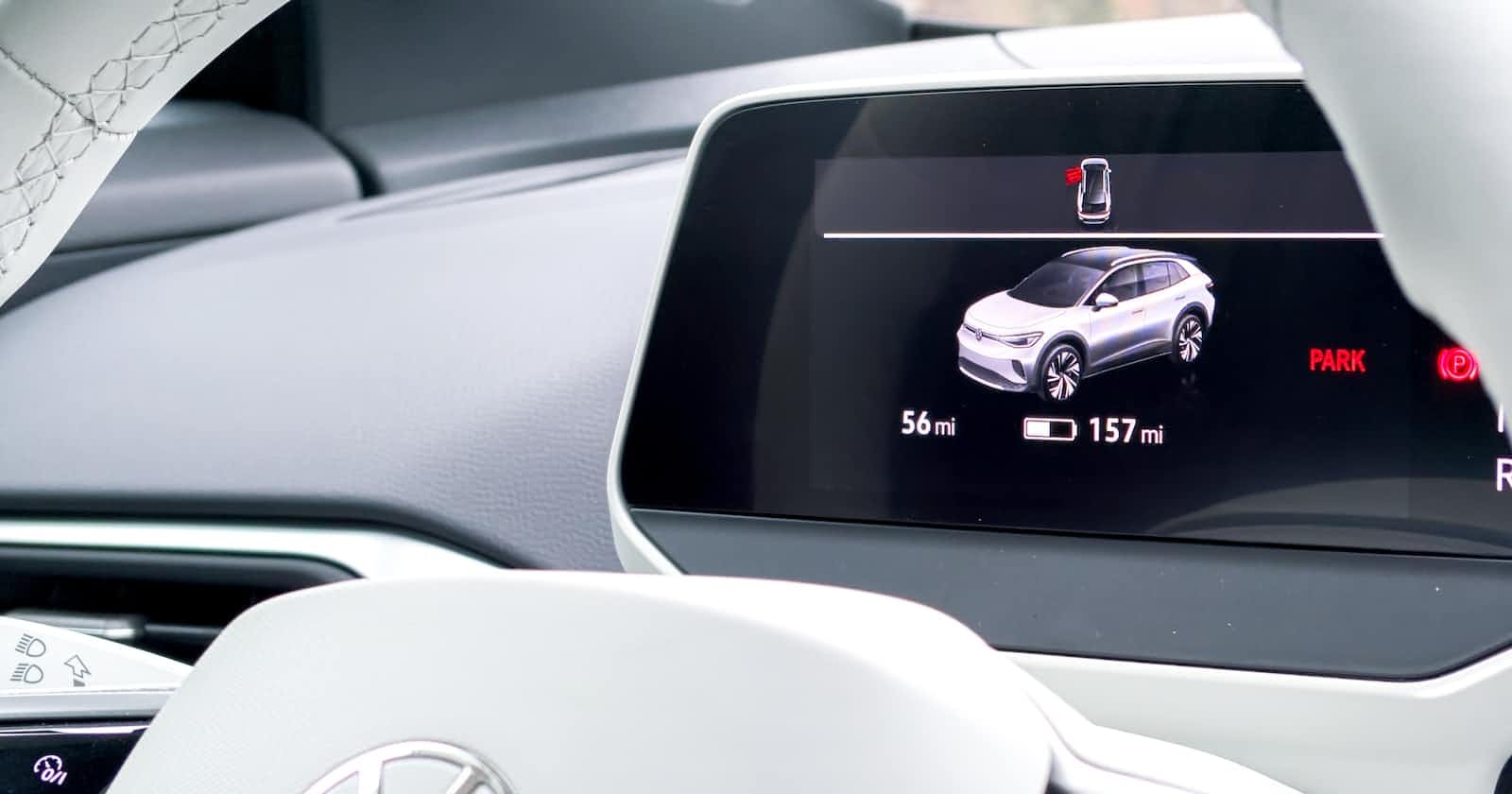
Photo by Obi - @pixel7propix on Unsplash
Autonomous Cars: The New Norm? Are AI-driven machines replacing humans?
With the rise of the Automotive Industry, unlike those used for traditional commuting, cars have evolved to provide comfort and luxury. Autonomous cars are automated cars, fully driven by computers foreseeing to evolve with no room for drivers or driver controls like steering wheel, gear, accelerator, and brake system. Top Companies like Google (Waymo), Tesla, and Apple have already started their developing and testing process whilst other car manufacturing companies have also adopted mechanisms to go fully autonomous.
How Autonomous cars became the talk of the town?
According to statistics reported, 90% of road accidents were caused due to human negligence. With Computer-operated systems and mechanisms, accidents are less likely to occur. Autonomous cars consist of highly effective sensors for route navigation, roadblock prediction, and traffic monitoring with 360-degree vision providing high precision and accuracy. Artificial Intelligence and Neural Networks, paved the way for the emergence of fully autonomous cars.
How Autonomous cars can improve the existing situation?
Needless to say, the first outcome is reduced accidents, injuries, and fatalities. Autonomous cars are designed with various sensors located in different parts of the car to monitor the position of other vehicles and cameras to detect traffic lights, read road signs, and look for obstacles like roadblocks and pedestrians. As humans can tend to get distracted easily, this way, autonomous cars' high calculative and predictive measures can relatively avoid accidents.
With powerful software mechanisms, autonomous cars have the ability to feed sensory inputs and formulate directions to provide a unified driving experience helping differently-abled people to access cars.
Less driver burnout and more enjoying the experience followed by automatic pick and drop feature reducing the necessity to search for parking lots.
Autonomous cars are relatively switching to electric rather than using combustible gas engines, thus reducing harmful gas emissions and making them more sustainable and environmentally friendly.
Can we go fully autonomous?
Despite the ongoing competition among Tech Giants, Apple Company has refrained from the idea of producing fully autonomous cars and emphasizes a car includes traditional driving control functionalities and is capable of driving only on highways. Apple Car production has been pushed down to 2026.
Though Tesla claims to be fully autonomous any time soon, there are practical difficulties in developing them. While Tesla's Auto-pilot feature allows cars to automatically change lanes, it still requires human supervision and intervention. Recently, Tesla cars had likely been reported to encounter car crashes.
Imagine a situation. You are driving down the forest lane and it is raining heavily. With narrower roads and poor visibility due to the environmental conditions, you are unable to spot a deer that is standing in the middle of the road.
What would you do? How would you react? During this heated-up moment and panic situation, you would either stop the car or slow down or wait until the deer moved or try to pass if you had any chance...
Artificial Vs Emotional Intelligence
Though there are varied advantages surrounding autonomous cars, with all functionalities being computer-enabled, will machines be able to think and act like humans?
Humans have the ability to judge the situation with non-verbal communication involving eye contact, facial expressions, and body language even with the slightest movement, and act within a fraction of a second, will autonomous cars be able to actively respond to change and replace this connection?
Weather Conditions involving heavy rain or snowfall can make the sensors difficult to track the road conditions due to poor visibility.
Also, Autonomous cars can be difficult to traverse in varying traffic and on-road conditions having bridges and tunnels. Will it be able to actively swift lanes?
Most importantly the accountability of who takes ownership of autonomous car accidents? Is it the autonomous car itself or the owner or the manufacturing company?
Can Autonomous cars be successful in India?
Whilst the safety of autonomous cars is still under debate, considering the overall road infrastructure containing narrowers roads, existing potholes, lack of lanes, road signs, warnings, and frequent access of humans and animals on road, autonomous cars can be quite a challenge. However, the highways and metro cities are relatively well-structured where the autonomous cars can substantially be operable.
For Autonomous cars to be fully deployed in developing nations, the overall infrastructure must be improved also taking into account the traffic regulations and route navigation ability.
